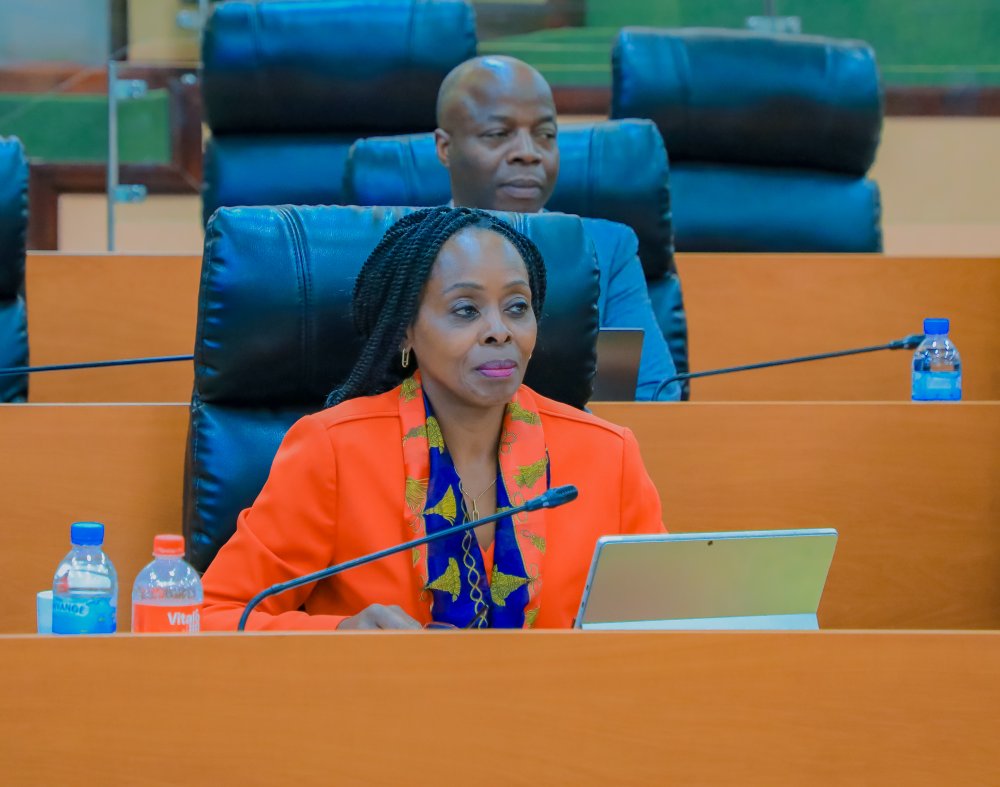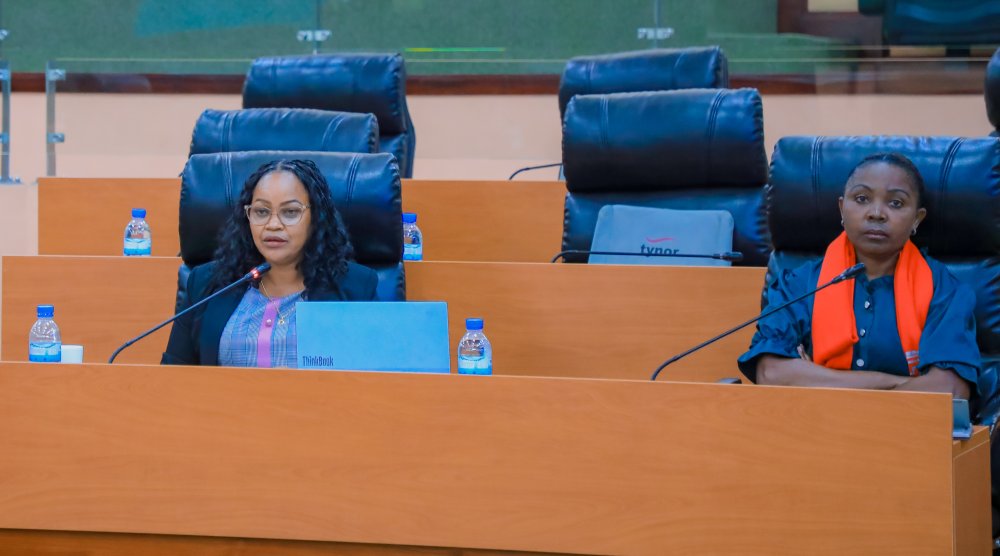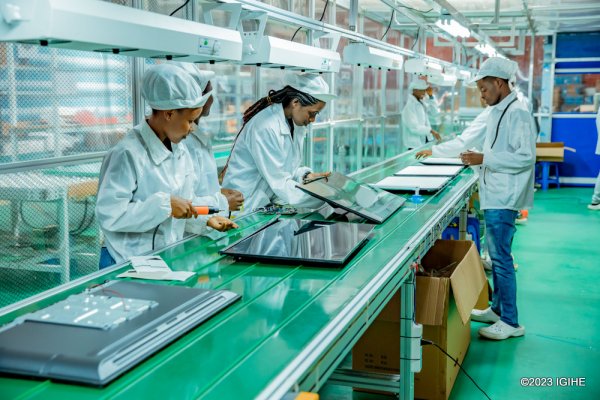Rwanda created 1.7 million jobs between 2017 and 2024
The Minister of Public Service and Labour, Amb. Christine Nkulikiyinka, announced that between 2017 and 2024, Rwanda created over 1.7 million jobs, with more than 1.4 million of them taken up by the youth.
She made the remarks on October 20, 2025, while presenting a report to the Senate Committee on Social Affairs and Human Rights, which was reviewing progress in improving the welfare of elderly citizens.
Minister Nkulikiyinka explained that for both the youth and the elderly to enjoy decent living conditions, it is essential that they have productive and sustainable employment.
She noted that, according to the EICV 7 (Integrated Household Living Conditions Survey), more than 1.5 million Rwandans have moved out of poverty, while the overall poverty rate has dropped by 12.4% across all social categories.
“The well-being of citizens depends on decent work,” she said. “For people to have a good life, whether young or old, they need access to quality jobs because decent employment is directly linked to improved living standards.”
She added that from 2017 to 2024, Rwanda created 1,732,770 jobs, of which 85% were taken by youth, highlighting their central role in driving national economic growth.
According to data from the National Institute of Statistics of Rwanda (NISR) published in May 2025, Rwanda’s working-age population (16 years and above) stands at 8.5 million. Out of these, 4.5 million are employed, while more than 710,000 are unemployed. Another 3.2 million are outside the labor force, including students and elderly people.
The EICV 7 report also shows that poverty among the elderly remains significant, with 21% of those aged 66 and above still living in poverty, 24% among those aged 56–65, and 28% among those aged 46–55.
Senator Jean Pierre Dusingizemungu emphasized the need for institutions and employers to help employees prepare for retirement, ensuring they can live meaningful lives afterward.
He stated, “There is still a gap in helping people transition into retirement. Some elderly people don’t necessarily need financial support, but they do need other forms of assistance to stay active and engaged in society.”
He cited an example from a university he attended, where many lecturers approaching retirement would return to academic life for further studies or research, helping them remain mentally and socially active.




